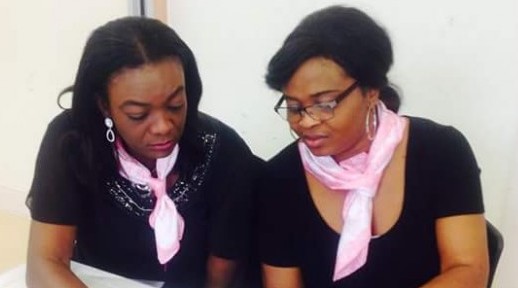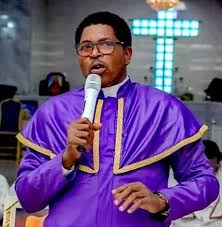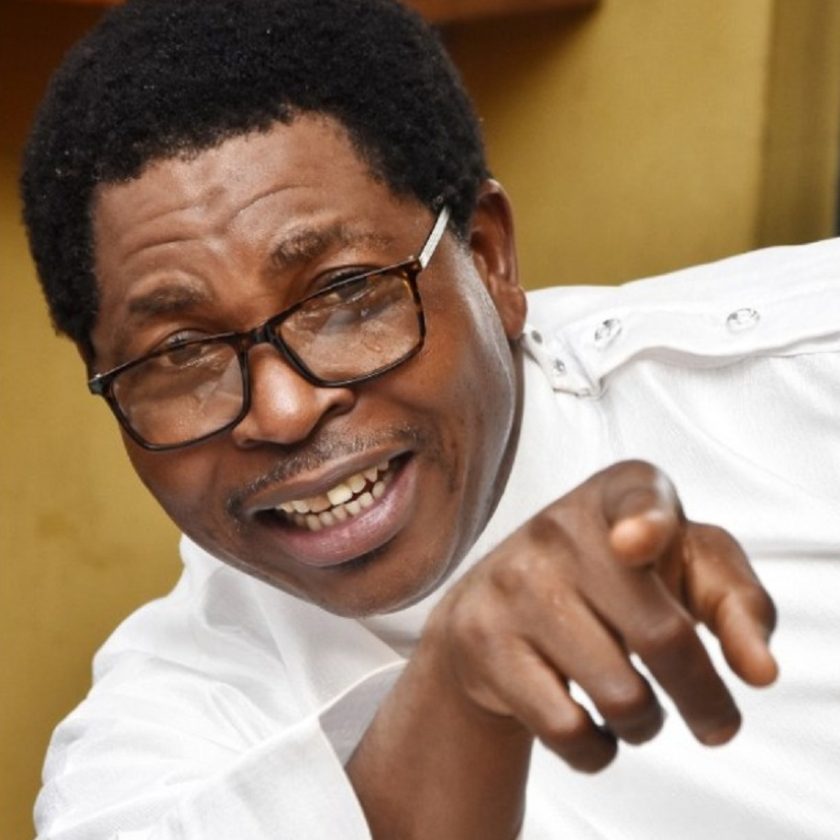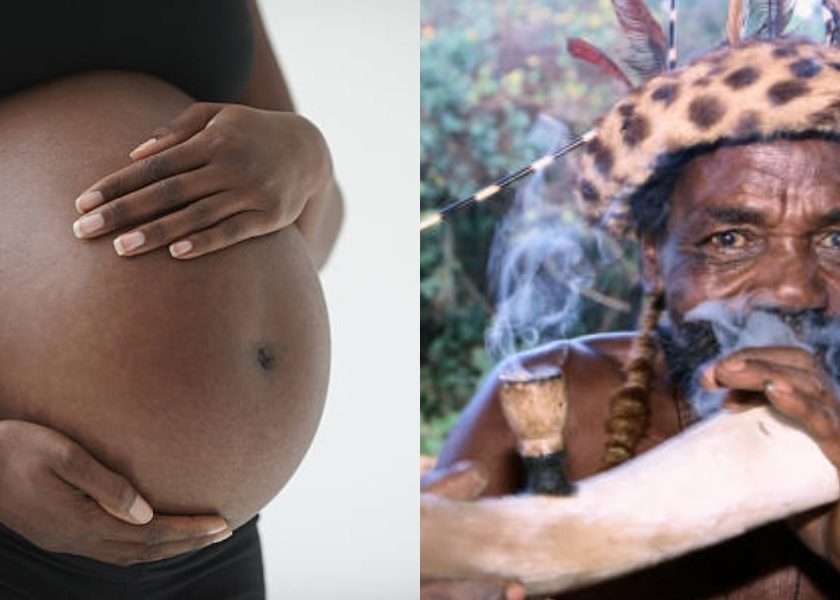 The duo of Mrs. Pat Eleto and Mrs. Ronke Adeyemi are both professionals in their chosen field, working in the United Kingdom. While the former is a social worker, the other is a psychotherapist. They were in Nigeria recently for a workshop on domestic violence.
The duo of Mrs. Pat Eleto and Mrs. Ronke Adeyemi are both professionals in their chosen field, working in the United Kingdom. While the former is a social worker, the other is a psychotherapist. They were in Nigeria recently for a workshop on domestic violence.
They run a non-governmental organization called Inclusive Women. Their motive is to reduce the number of domestic violence, physical and mental abuses that women and children suffer in their environment through this initiative.
Though, it has been operational in the UK, but they decided to also contribute their own quota to their motherland by bringing the workshop to Nigeria.
What plans do you have in taking this initiative to rural communities where domestic violence is high?
We are aware that there are a lot of non-governmental organizations on domestic violence but we are also concerned about penetrating the average man on the street, the woman hawking or living in a one-room with a lot of challenges, but to reach out, we decided to start from somewhere. This is why during our workshop today, we had some traditional rulers, and chiefs in our midst. We also have religious leaders. We intend to use this people to take the message to the villages and the interior but like we all know, it is a gradual process. One of the benefits of this is that, with this workshop, the Baales will be able to properly handle a domestic case without using just the traditional perspectives to judge or criticize someone who is being abused. Some of these chiefs have even suggested that we should come and do this workshop in their communities, so you can see that we have achieved something.
And taking it a step further, we cannot but appreciate the support of the Lagos State Government as regards the domestic awareness, but at the same time, we’re saying this is more than mere talk. The government should help us in making the tools and skills available in order to make the right decisions. This is because a lot of people think that abuse is only physical, abuse is a whole lot more than just the physical, even those who are sexually abused might not realize until the key point that they’ve been victims of sexual abuse. Abuse in the real sense strictly boils down to the manner or tone with which a particular message is passed across, even if you want to pass a harsh message across, you can do so in a subtle way and avoid hurting the person.
How and when did you come about this concept and have you been abused before?
Most people believe my passion for the abused boils down to the fact that I was once a victim and I’m a survivor but the fact is that I’ve not been abused before, neither am I a survivor. My passion started from working with Social Services in the UK, I left here as a graduate of Business Administration from the Ahmadu Bello University, Zaria, I then delved into the entertainment industry before I started working with young people in refuge camps in the UK. It was then I found out that the people in refuge are not just white people, there are Nigerians, Somalians, Ghanaians and so many other people with the same problem. You’ll find out that most people in these refuges don’t live with peace of mind because they either enter the country with other people’s visas and get threatened at the slightest thing. My time with them made me decide this was not right and a solution was needed. I bagged my masters in Social Works and I’ve been doing this for the past 20 years. This is where my passion for victims of abuse started, and as regards how we got here, the organization for this initiative has been going on for the past 3 years with my deputy, who is a professional psychotherapist; so we have the Psychotherapist who is charge of counseling, we have mental health nurses, school teachers but this doesn’t necessarily mean all the officials are professionals, we have retailers among the board of directors as well as victims who are also survivors. This is because they serve as a closer link to victims of abuse since they too have experienced similar things at one point in time of their lives and that was how we decided to join our various skills and then bring it to Nigeria, create this awareness and empower these people.
What has been the impact of this workshop since it started?
Starting from the executives, some of us, like the retailers and some that feel they’re too old to carry on have through this workshop seen that they can still do a whole lot, some decided to go back to school, others picked up a career along the line and there are also people we’ve been supporting who have been victims of domestic violence. After counseling these victims, we go a step further by coaching these people on career opportunities thereby, empowering them to become better people.
Can you give a particular statistic of how many people you’ve assisted with this initiative?
We’ve started 3 years now, although it’s quite slow, we can say out of 100 people, we’ve been able to handle about 30 percent. Our last case was that of a young girl whose parents took her to the UK where she became a victim of sexual abuse from her uncle. It was the neighbors that heard her cries and came to rescue her, the man is serving an 8-year jail term now and because of this, the girl’s family kicked her out. They felt it was a disgrace to the family because she reported her uncle. This young girl then moved on, got married but unfortunately was stigmatized by her husband because she told him, her story. The case was taken to court and we supported her, advocated a way her husband could have a supervised contact with their child, she won the case quite all right, and that is just one of the numerous cases we’ve had and I believe we’ve just started.
How do you get fundings to facilitate this initiative?
That’s the pressure we’ve been facing so far, but the funding for this initiative so far has been from our pocket. Its easier to get fundings in the UK as there are so many NGOs there. And in order to show that we’ve been able to make an impact, we need to give evidences which is why we’ve been funding it ourselves. But like I’ve said before, if the government, the traditional rulers, religious organizations can assist us in establishing a women’s refuge here in Nigeria where women and children can go to, create workshops for both men and women, it’s going to be a dream come true but for now, the funding is on us.
You are a social worker, and your partner is a psychotherapist. What is the link?
Well, the work we do and the programme itself is called Health and Social Care, we all come under one umbrella. There is no way I can do social works without knowing about psychotherapy even if not the in depth information, as a social worker, you need to be familiar with the role of the psychotherapist so as to know the importance and relationship with your role as a social worker and that goes also for those in mental health also. As a social worker, one should be able to know some things concerning mental health so as to understand its role in achieving your aim as a social worker. Not forgetting that it is the psychotherapist that gives them the emotional balancing first, after taking them off the street or their troubled environment.
How has it been collaborating with other NGOs in your area?
These NGOs invite us for their workshops, and we know that in collaboration, you cannot know or do it all, so our weakness is their strength and our strength is their weakness so we have synergy.




